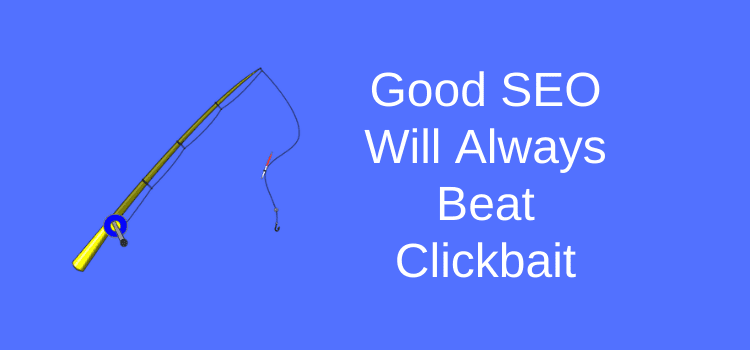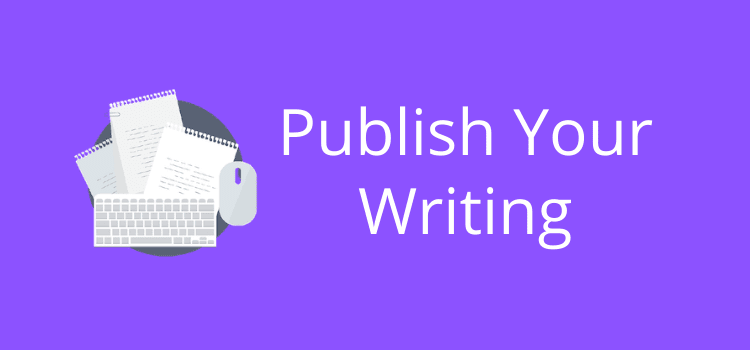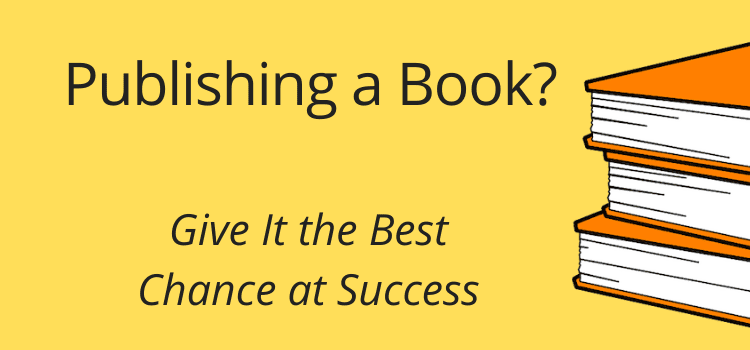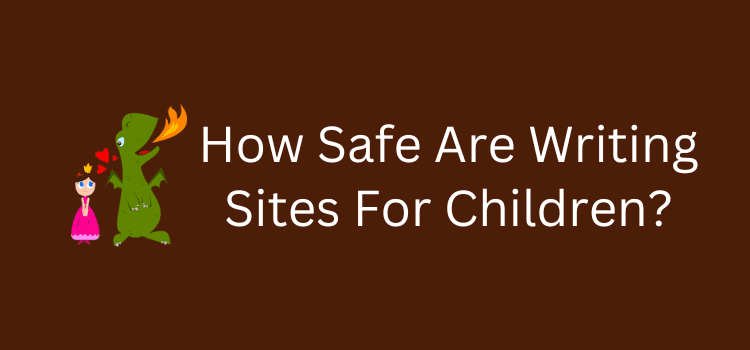
Without young writers, we have no future for literature. But how safe are writing sites for children?
Young people are accustomed to using the Internet and are adept at social media.
But as a parent, you need to be sure that the sites and apps your kids use are safe.
Many sites are available online for young writers from 7 to 17. But how many ensure your child’s personal data is protected?
We need to encourage young writers
If you are fortunate enough to have a child who is a budding writer, you are lucky.
In today’s world, writing is not the most popular pursuit for children and teens.
But we need young writers to develop their skills and help us have a future in literature and the arts in general.
Logically, in our online society, writing sites for children offer the best opportunity to showcase their writing skills.
But how safe are these sites? The question popped into my mind when I read an article in the New York Times about 70-Plus Places to Publish Teenage Writing and Art.
When I investigated some of the sites in the article, alarm bells started ringing.
Yes, they were all appealing sites for young writers. Yet what surprised me most was the lack of privacy information or protection.
Not one of the sites I checked was compliant with GDPR (General Data Protection Regulation) or CCPA (California Consumer Privacy Act).
To me, this would be the first and most logical step for a site to take to help protect the personal data of children.
We are all so used to clicking GDPR cookie consent notices on most websites we visit. That’s when I decided to dig deeper.
Many writing sites for children are vague on privacy

I investigated many sites that accepted writing submissions from children between the ages of 7 and 17.
The most disturbing similarity was a lack of meaningful mention of data privacy and the protection of a child’s personal details.
In an earlier article, I wrote about self-publishing a book written by your child.
What was clear was that self-publishing services like Amazon KDP and Draft2Digital are acutely aware of privacy for children.
But general submission and writing contest sites for kids are a different story.
I won’t bore you with a long list of all the sites I researched.
However, I’ll give you a short sample of some popular writing sites for children I checked.
I was looking for clear privacy policies and a commitment to protect the children who posted their writing.
I checked the FAQs, terms and conditions, and privacy policy pages, if they were available.
Unfortunately, almost all the sites I checked failed to offer reassurance that they had a genuine commitment to protecting children’s data.
Not one site mentioned or was compliant with cookie consent and management or GDPR.
Worse still, some didn’t even have terms and conditions or a privacy policy page.
Here are some basic details regarding six popular writing sites for children that I examined for you to make your judgment.
TeenInk
Description: It is a teen magazine devoted entirely to teenage writing, art, photos, and forums.
GDPR or CCPA Compliant: No
Age range: 13-19
Mention of privacy in its FAQs: No
Pen names allowed: Yes
Terms and Conditions page: Yes
Privacy policy page: Yes
Clause/clauses of concern:
Personal Information
When you join, enter contests or sign up for other services at Teen Ink, we collect personal identifying information from you, which may include the following:
First and last name;
Home or other physical address;
E-mail address;
Phone number;
Any other information that identifies you as a specific individual;
Any other information that, when tied to the above information, may identify you as a specific individual.
Name of your school and name of your teacher
Your age and date of birth
One Teen Story
Description: One Teen Story gives teen writers a chance to be edited, published, and paid for their work. Stories that appear in One Teen Story are chosen in a free writing contest. The contest is free and open to all writers ages 13-19.
GDPR or CCPA Compliant: No
Age range: 13-19
Mention of privacy in its FAQs: No
Pen names allowed: No mention
A parent or legal guardian must sign a consent form for One Teen Story to publish the names of winners who are under the age of 18 on our website and social media platforms.
Terms and Conditions page: No
Privacy policy page: Yes
Clause/clauses of concern:
Do you sell or rent any of my personal information?
From time to time we may rent our list of subscribers and submitters (mailing addresses) to like minded organizations for a one time only use. This is an additional source of revenue for One Story and allows us to continue publishing.
KidPub
Description: KidPub was created in 1995 as a safe, fun place for kids to improve their writing skills by sharing their stories, poems, reviews, and other creative writing with a worldwide audience. It’s one of the oldest websites still in operation.
GDPR or CCPA Compliant: No
Age range: Only mentions kids
Mention of privacy in its FAQs: No
Pen names allowed: Yes
Terms and Conditions page: No
Privacy policy page: Yes
Clause/clauses of concern:
None. One of the few sites with a relatively brief but clear privacy policy.
Stone Soup
Description: Founded in 1973, Stone Soup—once called “The New Yorker of the 8 to 13 set” (Ms Magazine)—is the nonprofit literary magazine 100% written and illustrated by kids.
GDPR or CCPA Compliant: No
Age range: 8-13
Mention of privacy in its FAQs: No
Pen names allowed: Not mentioned
Terms and Conditions page: No
Privacy policy page: No
Clause/clauses of concern:
No mention of personal data. The concern with this site is that there are no terms and conditions or a privacy policy.
Skipping Stones
Description: No site description other than that Arun Narayan Toke is the founder and executive editor of Skipping Stones magazine.
GDPR or CCPA Compliant: No
Age range: 7-17
Mention of privacy in its FAQs: No
Pen names allowed: Not mentioned
Terms and Conditions page: No
Privacy policy page: No
Clause/clauses of concern:
No mention of personal data. The concern with this site is that there are no terms and conditions or a privacy policy.
Young Writers Project
Description: YWP is a community of young people who create and connect online through writing and visual art. Since Young Writers Project started in 2006, more than 120,000 youth have participated in YWP.
GDPR or CCPA Compliant: No
Age range: 13-18
Mention of privacy in its FAQs: Limited information about privacy and the use or sale of data.
Pen names allowed: Yes, but:
Privacy policy: All personal information collected from you directly is kept private and will not be shared with anyone unless your work is published externally, in which case, you give YWP consent to use your real name.
Terms and Conditions page: Yes
Privacy policy page: No
Clause/clauses of concern:
Young Writers Project irrevocably owns rights, title and interest to the work submitted to Young Writers Project in perpetuity and throughout the world.
General security observations

Most of the sites I visited were based in the United States. So there is no obligation for them to be GDPR compliant.
However, these sites are accessible to children worldwide, including in Europe.
But as a first step in offering children basic privacy and online safety, it is not difficult for a website owner to add GDPR and CCPA protection.
At least then, parents have the option to block tracking cookies and can use a form on GDPR-compliant sites to request the personal data that the site stores.
But the lack of easy-to-find information regarding protecting children’s personal data and online privacy was the most concerning.
Most sites fail to mention privacy in their FAQs.
The only way to find any relevant information was to wade through either a terms and conditions page or a privacy policy page.
But many sites I checked did not have these pages.
My overall impression was that many of the sites I checked were deficient in explaining or offering a secure online environment for children.
However, this is not to say that the site owners lack awareness of online security for the children who use their sites, only that it is not clearly explained or documented.
What can you do as a parent?
Writing sites can provide a platform for children and teens to share their creativity and passion for writing.
However, as a parent or guardian, you may have concerns about the safety of these sites.
Not all writing sites are created equal.
Some may have better security features and privacy policies in place than others.
It’s essential to do your research before allowing your child or teen to use any writing site.
Look for sites with strong privacy policies, moderation policies, and clear guidelines for appropriate behavior.
When you check writing sites for your children, what should you look for to help protect your child?
1. Check that accounts need the consent of a parent or guardian. This is especially important for children under the age of 13.
2. Ensure that your child can use a pen name and not their real name. Also, ensure that an account can use an avatar, not a profile photo.
3. Read the fine print, and look for reassurances that any sites you consider have appropriate privacy and security arrangements for children.
4. Check some of the posts and replies on a site and look for any possible inappropriate activity.
5. But if you are unsure about a site’s security, contact the site and ask questions.
Conclusion
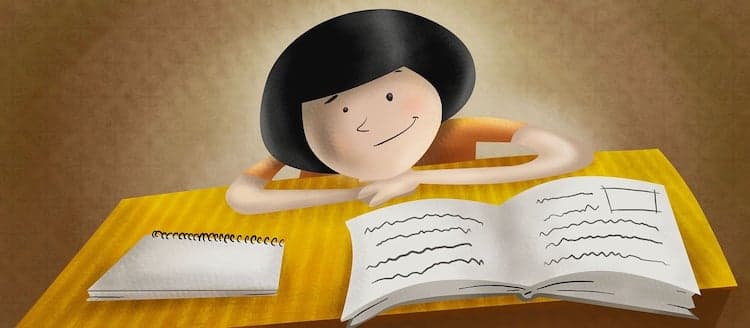
When I started investigating writing sites for children, the first few I visited lacked the basic privacy and security options I would have expected.
This was an unpleasant surprise for me.
When I expanded my search, it became clear that very few sites seemed to offer reasonable safeguards.
In the end, I checked more than twenty-five sites.
But except for a handful, most did not mention how they manage children’s privacy.
Yes, children today are more aware and smart regarding their online activity.
This is especially true for social media. Yet sites like Tumblr, Facebook, and Instagram have more guardrails and privacy protection features than any of the sites I visited.
However, parents of young writers need to encourage them. Online publishing is here to stay and will be the future for today’s young authors and writers.
But helping them find safe places to share their writing seems to be a challenging task.
From what I have discovered, very few sites offer even the most basic online privacy protections for children.
Clearly, most writing sites that are attracting children should do far more to explain how they protect the privacy of their young users.
Related Reading: Ten Questions New Writers Ask About Writing And Publishing

